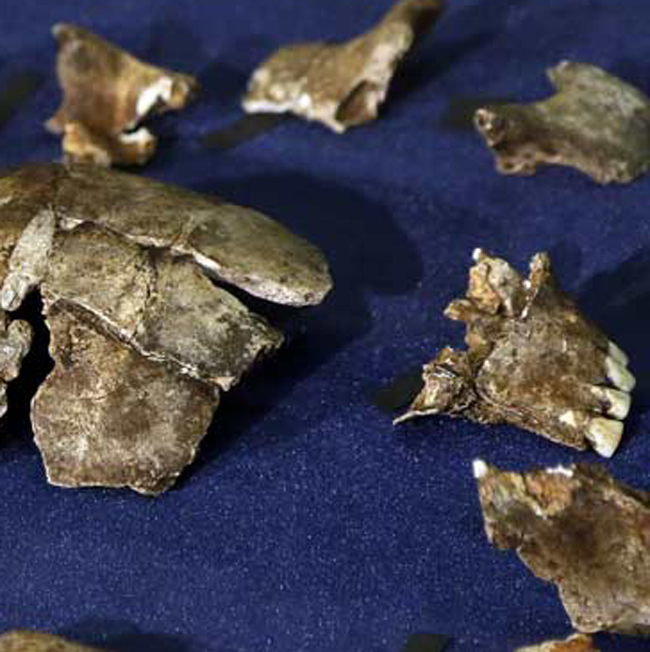London: In a first, scientists have discovered evidence that humans from the Mesolithic period consumed fish and plants and also used their teeth for de-scaling activities.
The evidence was based on the analysis of micro fossils entombed in the dental calculus commonly known as tooth plaque or tartar of a young male skeleton from Mesolithic period found in a cave on a Croatian island.
It revealed fish scale fragments and fish muscle fibres.
“Our data provides a novel perspective on forager diet in the Mediterranean region by revealing the role of marine organisms during the Mesolithic,” said lead researcher Emanuela Cristiani from Sapienza University of Rome.
“Whilst fishing during the Mesolithic period has been demonstrated by fish remains as well as fishing related technologies in the past, here for the first time we have direct evidence that humans consumed these resources or used their teeth for de-scaling activities, which is very unique,” added Harry Robson, from Britain’s University of York.
However, the team was unable to identify the fish scales, although they were thought to be very similar to tuna, mackerel and gilthead sea bream.
The study, published in the journal Scientific Reports, also showed microfossils of plants in the dental calculus, which has not been identified in skeletal remains in this part of the Mediterranean before.
“The recovery of starch granules from two wild grass groups in the dental calculus of the analysed individual, suggests that energy-rich plants were a part of the Holocene forager dietary habits in the region,” Cristiani said.
“This is an exciting, but surprising finding. We only have three skeletal remains from this period that demonstrate the long-term consumption of marine-resources, so when you can identify microfossils of this kind, it can provide a great leap forward in our understanding.”
Previous analysis of Mesolithic skeletal remains had suggested a more varied Mediterranean diet consisting of terrestrial, freshwater and marine food resources.
IANS

